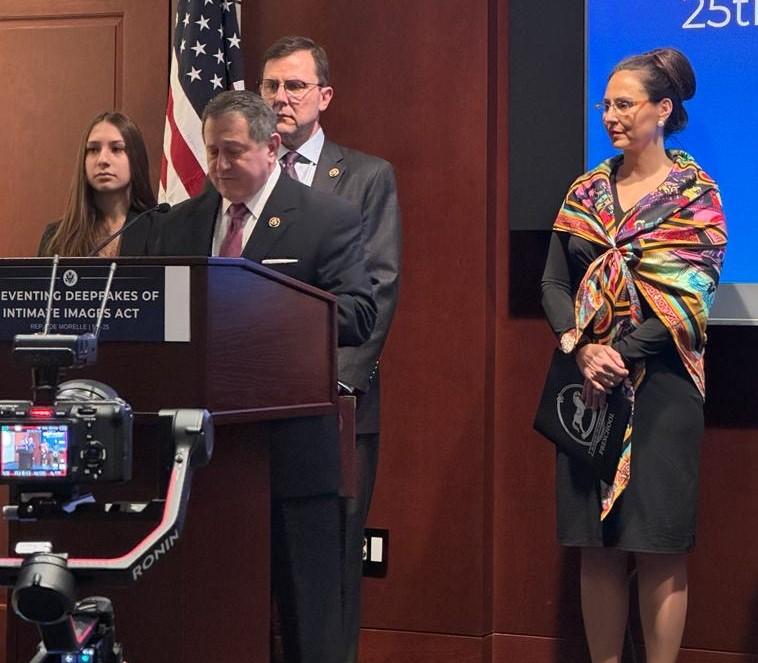The Biden administration has been hit with another lawsuit that contests its decision to renew its pause on repayment of federal student loans that Congress enacted as a pandemic-relief measure when former President Donald Trump was in the White House and which has been continued eight times without congressional approval, most recently on Nov. 22.
New Civil Liberties Alliance (NCLA) filed the lawsuit on behalf of the Mackinac Center for Public Policy, a free market and limited government think tank, against the U.S. Department of Education on April 6 (pdf).





